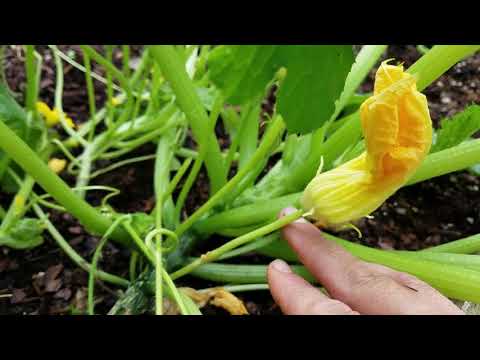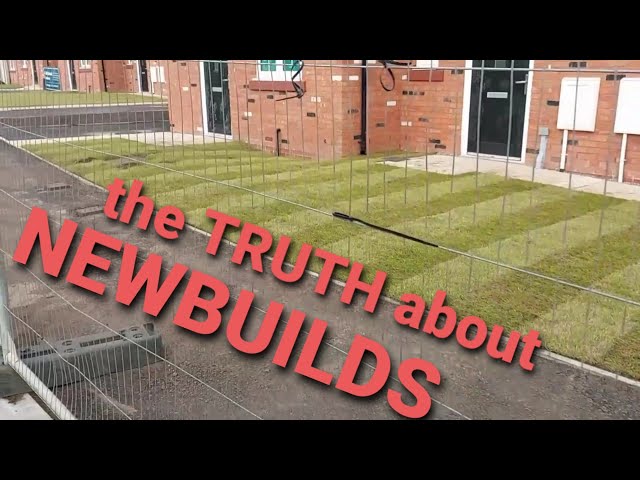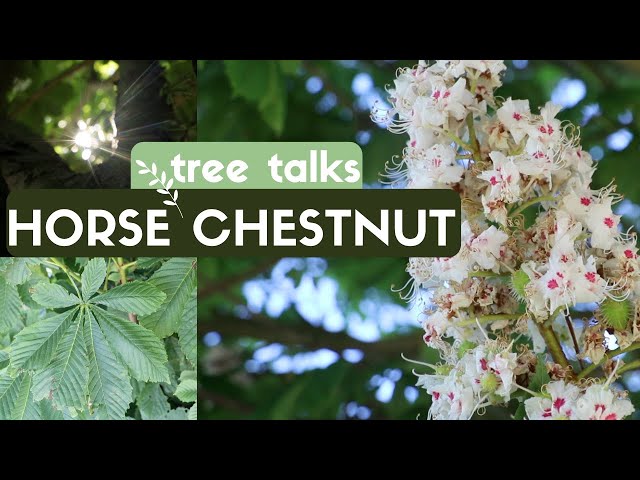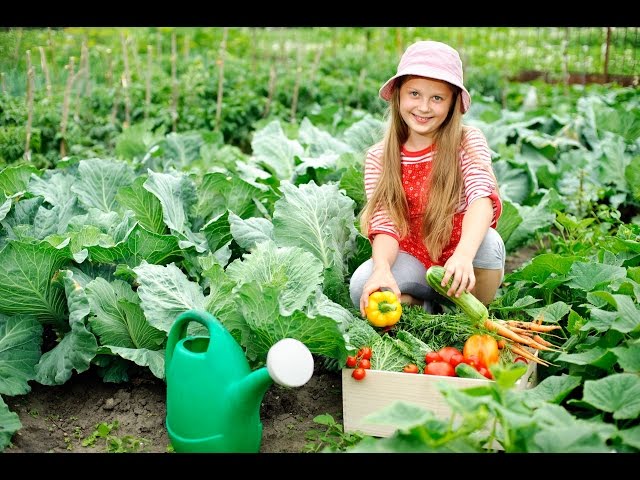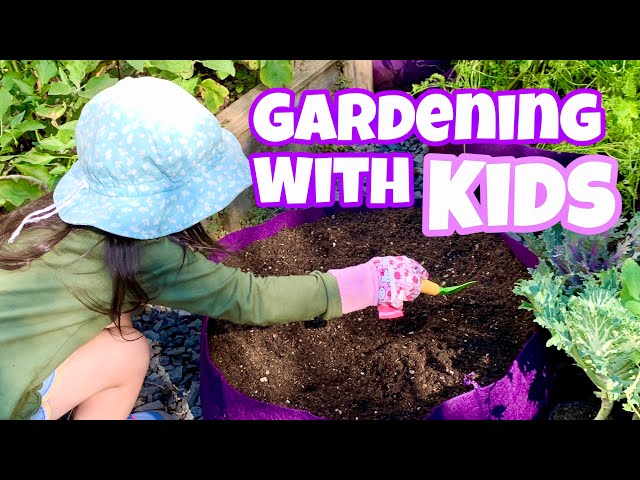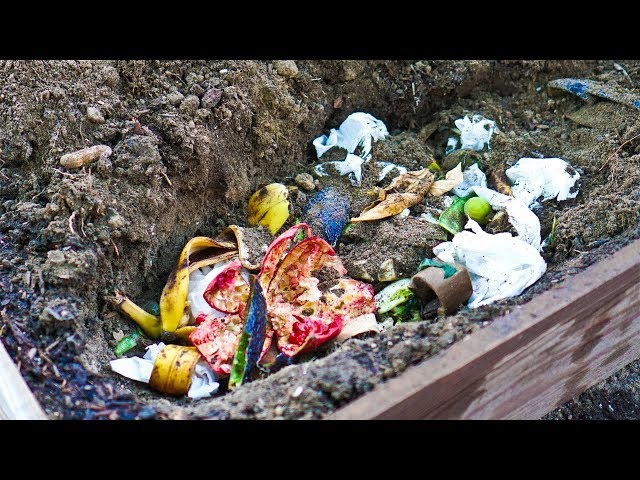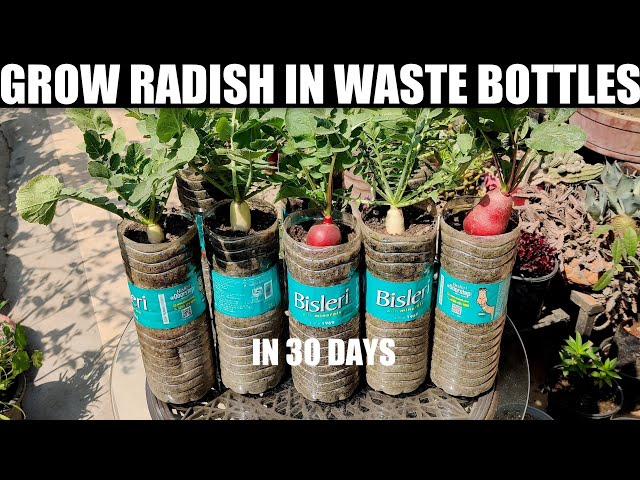Growing Dogwood Trees from Seed
Growing dogwood trees (Cornus spp.) from seed can be a rewarding but somewhat lengthy process. Dogwoods are deciduous trees or shrubs known for their attractive flowers, colorful foliage, and distinctive fruit. Here’s what you might expect one year after planting dogwood seeds: Year 1: Germination and Seedlings Year 2 and Beyond: Seedling Growth Year 2: […]
Growing Dogwood Trees from Seed Read More »

